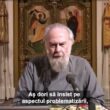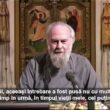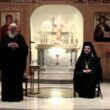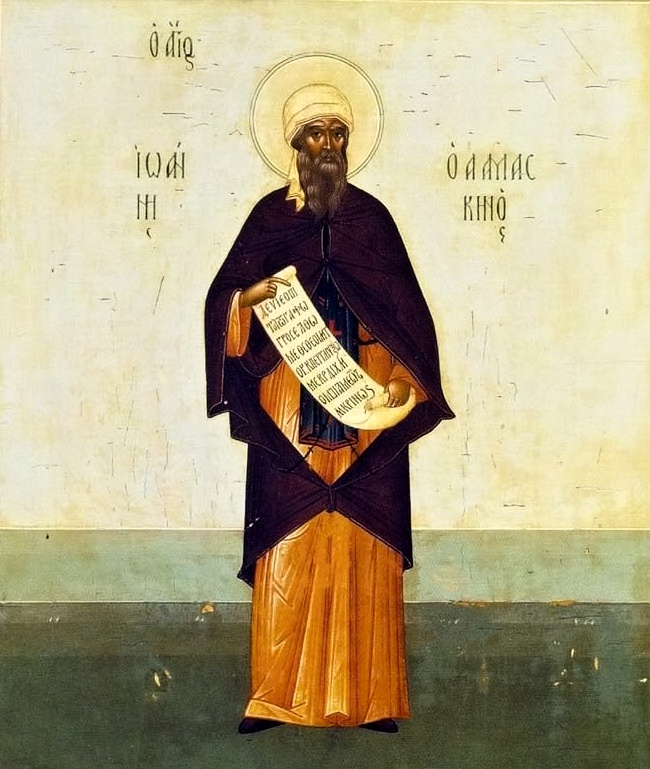Saint John Damascene is an example of a brave defender of the Orthodox faith against the disrespectful emperors and archbishops. This enlightener of the Church lived during the iconomachist emperors Leon Isaurus and Constantine Copronymus. His father, Sergius, had a high political rank in Damascus, being a favourite of the Sarasin leaders from Syria. After the death of his father, Saint John received that rank which had belonged to his father. Leon`s lack of piety was terribly condemned by the saint through letters and speeches. The pagan fortress of the iconomachists was destroyed by the wisdom of Saint John who strengthened the believers and defended Orthodoxy falling as a lightening on the head of those heretic emperors, bishops, atheists.
The saint did not recognize any right of the emperors and archbishops to interfere in the divine cult breaching the canons of God and of the Church changing these holy traditions and giving laws against the Holy Fathers who settled canons and borders which nobody had the right to change. Once he wrote to the shameless emperor: `I obey you in the matters regarding the life of the city, the taxes, customs, trades which are under your power. In what relate to the situation of the Church we have pastors who tell us the word (God bearer fathers) and formulate the ecclesiastical canons. We don’t change the eternal `borders` settled by our Holy Fathers but keep the traditions as we received them. Because if we continue to shake the building of the Church even if only slightly this small thing will destroy it completely. The church is sanctified with the blood of Christ and adorns itself with His saints. If we stop honoring these icons this is an innovation. `Never change the holy canons settled by your Fathers.` And I don’t refer at those before the birth of Christ but at those after Him. Many things have been written and preserved by the Church about icons until today. I don’t accept to be settled an orderliness in the Church by imperial laws but by the written and unwritten patristic tradition.
(From the Second Word about the Holy Icons of saint John Damascene)







